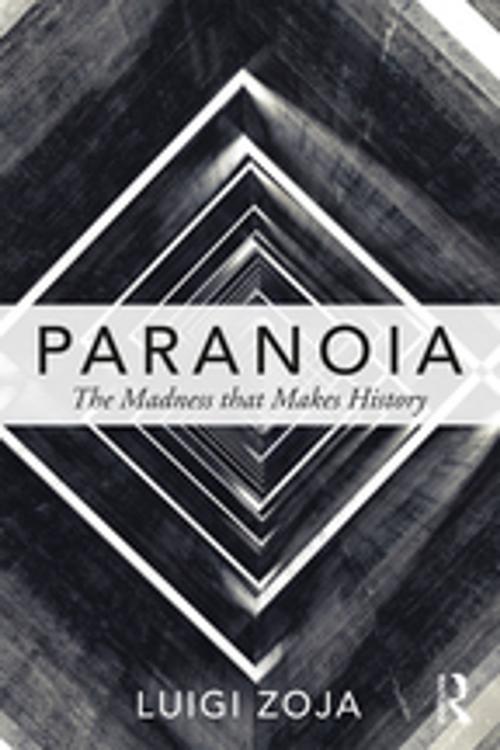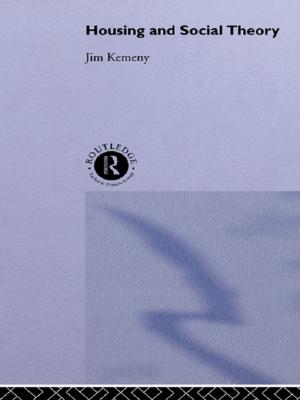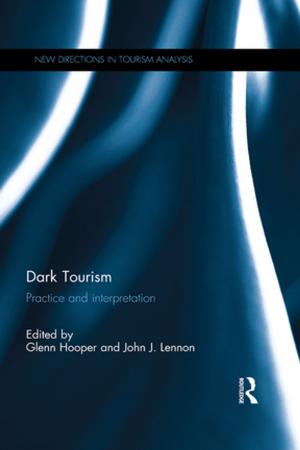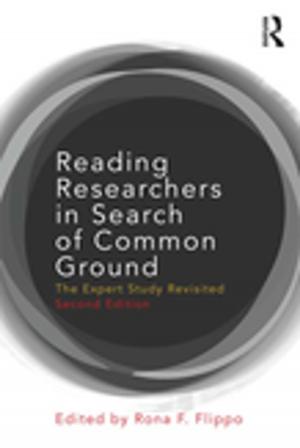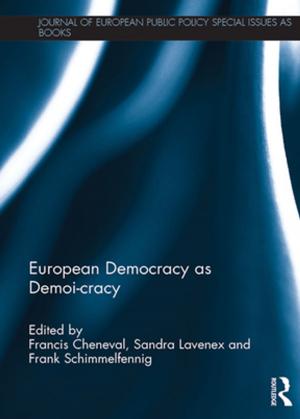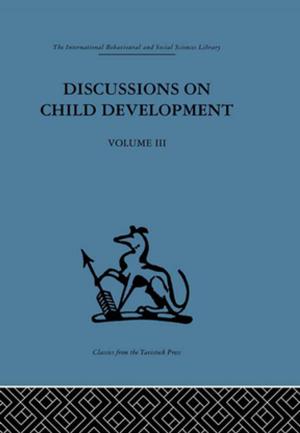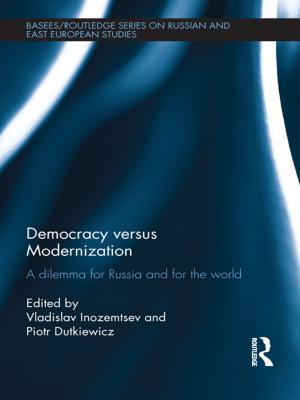| Author: | Luigi Zoja | ISBN: | 9781317202387 |
| Publisher: | Taylor and Francis | Publication: | March 16, 2017 |
| Imprint: | Routledge | Language: | English |
| Author: | Luigi Zoja |
| ISBN: | 9781317202387 |
| Publisher: | Taylor and Francis |
| Publication: | March 16, 2017 |
| Imprint: | Routledge |
| Language: | English |
Luigi Zoja presents an insightful analysis of the use and misuse of paranoia throughout history and in contemporary society. Zoja combines history with depth psychology, contemporary politics and tragic literature, resulting in a clear and balanced analysis presented with rare clarity. The devastating impact of paranoia on societies is explored in detail.
Focusing on the contagious aspects of paranoia and its infectious, self-replicating dynamics, Zoja takes such diverse examples as Ajax and George W. Bush, Cain and the American Holocaust, Hitler, Stalin and Othello to illustrate his argument. He reconstructs the emblematic arguments that paranoia has promoted in Western history and examines how the power of the modern media and mass communication has affected how it spreads. Paranoia clearly examines how leaders lose control of their influence, how the collective unconscious acquires an autonomous life and how seductive its effects can be – more so than any political, religious or ideological discourse.
This gripping study will be essential reading for depth and analytical psychologists, and academics and students of history, cultural studies, psychology, classical studies, literary studies, anthropology and sociology.
Luigi Zoja presents an insightful analysis of the use and misuse of paranoia throughout history and in contemporary society. Zoja combines history with depth psychology, contemporary politics and tragic literature, resulting in a clear and balanced analysis presented with rare clarity. The devastating impact of paranoia on societies is explored in detail.
Focusing on the contagious aspects of paranoia and its infectious, self-replicating dynamics, Zoja takes such diverse examples as Ajax and George W. Bush, Cain and the American Holocaust, Hitler, Stalin and Othello to illustrate his argument. He reconstructs the emblematic arguments that paranoia has promoted in Western history and examines how the power of the modern media and mass communication has affected how it spreads. Paranoia clearly examines how leaders lose control of their influence, how the collective unconscious acquires an autonomous life and how seductive its effects can be – more so than any political, religious or ideological discourse.
This gripping study will be essential reading for depth and analytical psychologists, and academics and students of history, cultural studies, psychology, classical studies, literary studies, anthropology and sociology.
